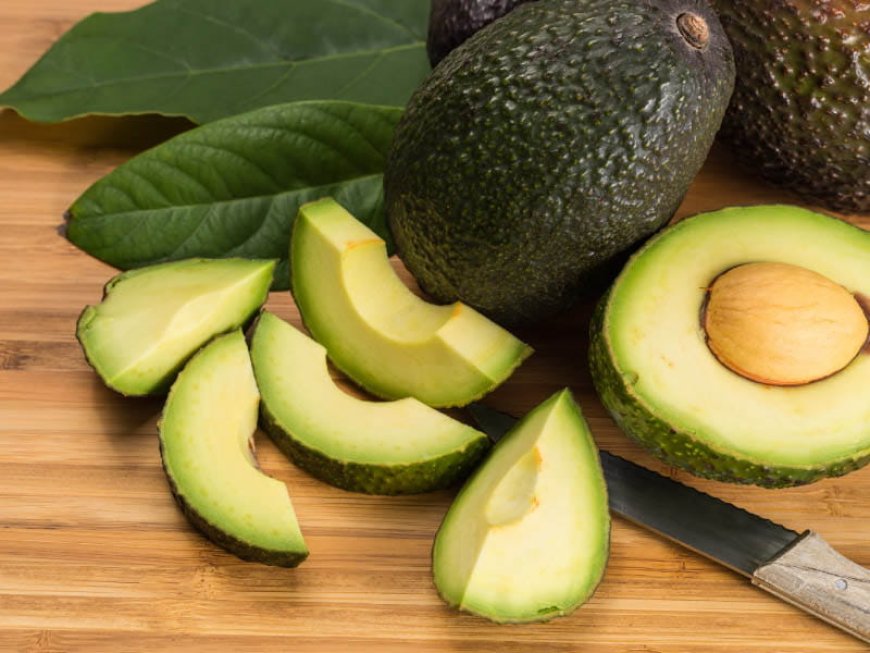Avocados Found to Help Reduce the Risk of Heart Disease, New Study Reveals
A recent long-term study conducted by health researchers has found that regular avocado consumption may significantly lower the risk of cardiovascular disease. This benefit is largely due to the fruit’s high levels of fiber, potassium, and healthy fats.

Avocados, often celebrated for their creamy texture and versatile use in meals, are now being recognized as a powerful ally in the fight against heart disease. A comprehensive study led by researchers from the Harvard T.H. Chan School of Public Health followed more than 110,000 health professionals over a 30-year period. The study found that those who consumed avocados at least twice a week had a 16% lower risk of cardiovascular disease and a 21% reduced risk of coronary heart disease compared to people who rarely or never ate the fruit.
The health benefits of avocados come from their rich nutritional profile. They are a good source of monounsaturated fats—the same heart-healthy fats found in olive oil. These fats help reduce levels of low-density lipoprotein (LDL) cholesterol, commonly known as “bad” cholesterol, while increasing high-density lipoprotein (HDL) or “good” cholesterol. Avocados also contain high amounts of potassium, even more than bananas, which helps regulate blood pressure and maintain healthy blood vessels.
In addition to healthy fats and potassium, avocados provide dietary fiber, antioxidants, and a range of vitamins, including vitamins C, E, K, and several B vitamins. Fiber, in particular, plays a crucial role in heart health by supporting digestion, reducing inflammation, and helping manage weight—all of which are important factors in lowering the risk of heart disease.
Dr. Lorena Pacheco, a nutritionist involved in the study, emphasized the value of replacing less healthy fats, such as those found in butter, cheese, and processed meats, with avocado. “The data suggest that incorporating avocados into a balanced diet can make a real difference in preventing heart conditions,” she said.
Health professionals advise integrating avocado into daily meals in simple ways—spreading it on toast instead of butter, adding it to salads, or blending it into smoothies. However, moderation is key, as avocados are calorie-dense. A typical avocado contains around 240 calories, so portion control remains important.
While avocados alone are not a cure-all, this new evidence adds to the growing body of research that supports the power of food in preventing chronic illnesses. Dietitians encourage individuals to look at their overall eating patterns and lifestyle choices to support long-term cardiovascular health.
As heart disease continues to be one of the leading causes of death worldwide, insights like these offer practical, natural solutions that can be easily applied in everyday life. Next time you plan your meals, reaching for an avocado might not just be tasty—it could be lifesaving.
What's Your Reaction?
 Like
1
Like
1
 Dislike
0
Dislike
0
 Love
0
Love
0
 Funny
0
Funny
0
 Angry
0
Angry
0
 Sad
0
Sad
0
 Wow
0
Wow
0












































